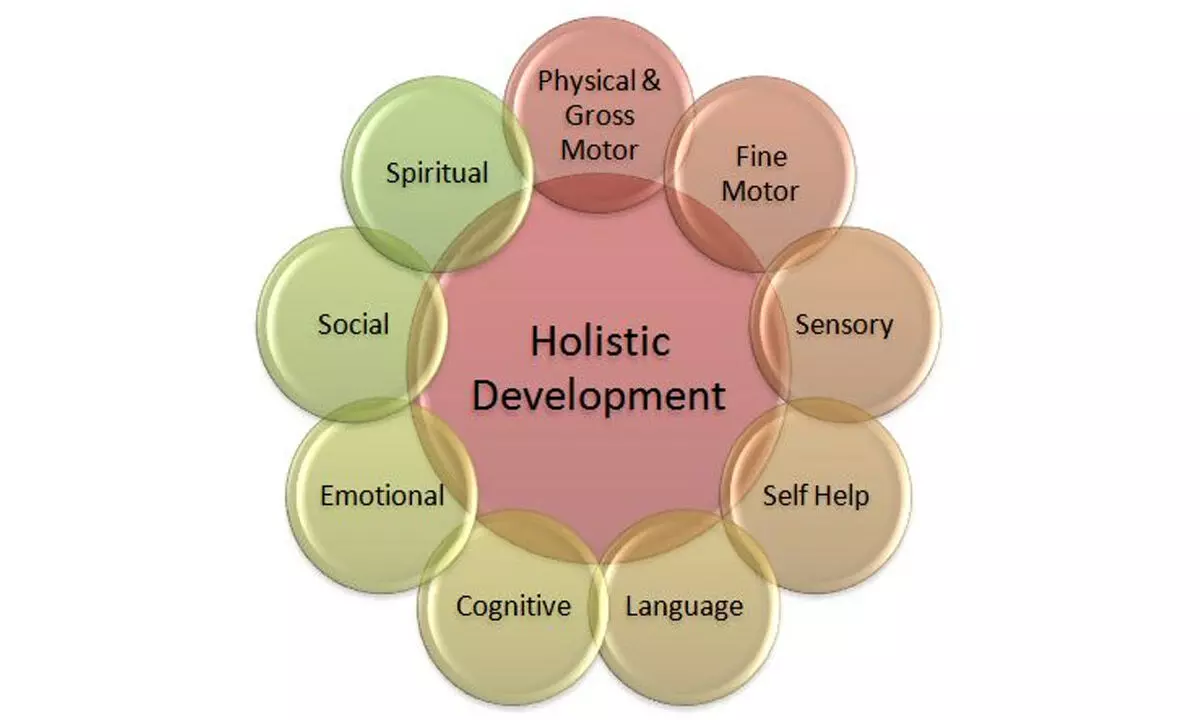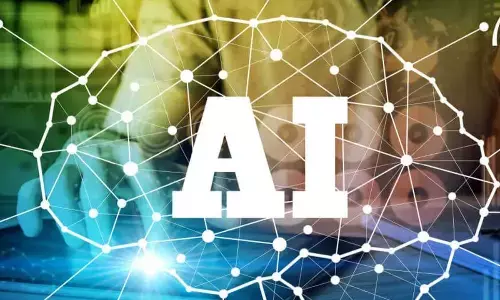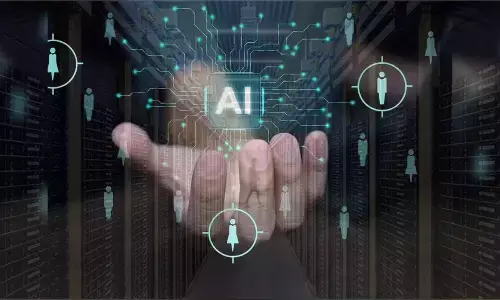Future education should focus on holistic development of students

Future education should focus on holistic development of students
The world is facing unprecedented challenges driven by accelerating globalisation and technological developments.
The world is facing unprecedented challenges driven by accelerating globalisation and technological developments. These forces are also providing us with myriad opportunities for human advancement. The future is uncertain and cannot be predicted and we need to be ready to handle it. What better than schools that can teach students to be prepared for such a scenario. It will be a shared responsibility to seize opportunities and find solutions. To handle such uncertainty, students will need to develop imagination, resilience, curiosity, and self-regulation; they have to appreciate and respect ideas, perspectives and values from others; they will also need to cope up with adversity to head forward.
The pandemic has disrupted the global education system and there is need to transform and strengthen it through technologies and teacher upskilling so that every child has access to inclusive and equitable quality education. A blended learning approach can provide opportunities and flexibility necessary for the future of education.
The overarching goal of education: individual and collective well-being
In the current century, the well-being of individuals and society in general is crucial. This well-being is deeply related to education, quality of life, good health and civic engagement, robust social connections and security. In all this, good education has to ensure development of knowledge, skills, attitudes and values that enable students to contribute to and benefit from an inclusive and sustainable future. Education should help in formulating clear and purposeful goals and forge collaboration to achieve these and explore untapped opportunities and identify multiple solutions to big problems. It also needs to equip students with the skills they need to become active, responsible and engaged citizens.
Education should help in taking up leadership and responsibility
Future-ready students have to exercise leadership and freedom in their own education and throughout life as well. In order to effectively raise children who will be leaders, and thrive in the world they are inheriting, we must revolutionize education and rethink how schools work. To enable this, educators must not only recognise learners' individuality, but also acknowledge the wider set of people and relationships around the students – with their teachers, peers, families and communities – that influence their learning.
The importance of technology
In the era of digital transformation and with the advent of big data, digital literacy and data literacy are becoming increasingly essential. Education in the future will need to demonstrate how technology can be used to students' advantage as well as teach future generations how to handle problems that arise from it. Technology is no longer a motivating factor when it comes to learning – it is a must. The education sector must adapt in line with this shift and reflect the fact that the essential, in-demand skills of the future will be very different from what has been taught in the past. In other words, what we teach has to change.
What educationists should do
Given that disruptions have become the norm, responsibility towards learners has increased for educationists. A prescribed curriculum is itself not enough and there is need to ensure holistic development of children as the experience of going to school is irreplaceable. Logical thinking and analytical skills developed through various activities done in and outside a classroom is vital. A school curriculum is only complete when it goes beyond academics. There is need to look at every student's academic, creative, physical and emotional persona and an innovative and compassionate teaching approach at the core of learning development.
Experiences that allow collaboration for all students often happen beyond classroom and hence our classrooms need to be a reflection of this. Education – at all levels – must evolve to teach children the skills they need to thrive in our changing world. Also, teachers' role is vital in this journey. Hence, their mental health and wellbeing are of utmost importance for us to deliver quality education and create a happy and joyful environment in the school.
In conclusion, it can be said that educationists should also play the role of a facilitator to support the learners in a positive learning environment. Through dynamic teaching methodologies and creative teaching that combines thematic and interdisciplinary approaches, every learner becomes an active participant in the learning process. Once students develop a comprehensive personality, they will look at society holistically and contribute to its well-being.
(The author is the Trustee, Greenwood High International School)

















